
Giovanni Gentile was an Italian philosopher, fascist politician, and pedagogue.

The Institute of the Italian Encyclopedia Treccani, also known as the Treccani Institute, is a cultural institution of national interest, active in the publishing field, founded by Giovanni Treccani in 1925.

Giovanni Papini was an Italian journalist, essayist, novelist, short story writer, poet, literary critic, and philosopher. A controversial literary figure of the early and mid-twentieth century, he was the earliest and most enthusiastic representative and promoter of Italian pragmatism. Papini was admired for his writing style and engaged in heated polemics. Involved with avant-garde movements such as futurism and post-decadentism, he moved from one political and philosophical position to another, always dissatisfied and uneasy: he converted from anti-clericalism and atheism to Catholicism, and went from convinced interventionism – before 1915 – to an aversion to war. In the 1930s, after moving from individualism to conservatism, he finally became a fascist, while maintaining an aversion to Nazism.
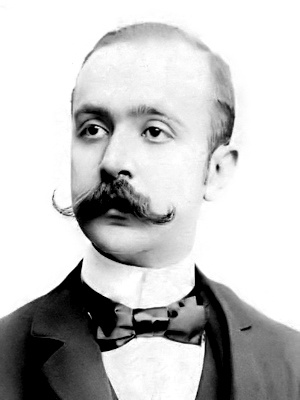
Federico De Roberto was an Italian writer, who became well known for his historical novel I Viceré (1894), translated as The Viceroys.
Eugenio Garin was an Italian philosopher and Renaissance historian. He was recognised as an authority on the cultural history of the Renaissance. Born at Rieti, Garin studied philosophy at the University of Florence, graduating in 1929, and after a period as professor of philosophy at the liceo scientifico Stanislao Cannizzaro in Palermo and the University of Cagliari, Garin began teaching at his alma mater in 1949 until 1974, then moving to the Scuola Normale di Pisa until his retirement in 1984. The Graduate School of Historical Studies at San Marino was inaugurated with a public lecture by Eugenio Garin on 30 September 1989. Garin was an elected member of both the American Philosophical Society and the American Academy of Arts and Sciences. He also was the editor of the journals Rinascimento and Giornale Critico della Filosofia Italiana.
Ugo Spirito was an Italian philosopher; at first, a fascist political philosopher and subsequently an idealist thinker. He has also been an academic and a university teacher.
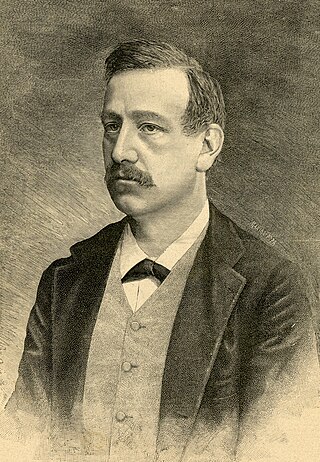
Ferdinando Martini was an Italian writer and politician. He was governor of Eritrea for from late 1897 to early 1907.
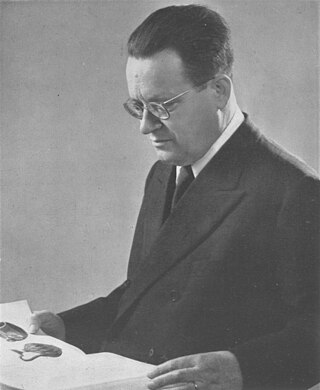
Bruno Migliorini was an Italian linguist and philologist. He was the author of one of the first scientific histories of Italian language and was president of the Accademia della Crusca.
Cesare Garboli was an Italian literary and theatre critic, translator, writer and academic.
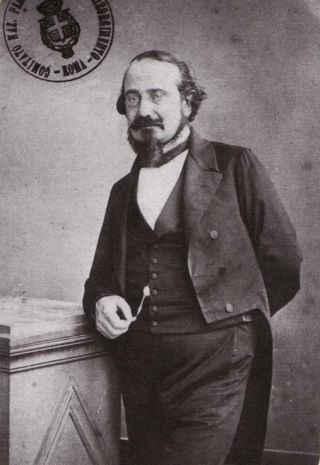
Bertrando Spaventa was a leading Italian philosopher of the 19th century whose ideas had an important influence on the changes that took place during the unification of Italy and on philosophical thought in the 20th century.

Giovanni Rucellai, known as Giovanni di Bernardo Rucellai, was an Italian humanist, poet, dramatist and man of letters in Renaissance Florence, in Tuscany, Italy. A member of a wealthy family of wool merchants and one of the richest men in Florence, he was cousin to Pope Leo X and linked by marriage to the powerful Strozzi and de' Medici families. He was born in Florence, and died in Rome. He was the son of Bernardo Rucellai (1448–1514) and his wife Nannina de' Medici (1448–1493), and the grandson of Giovanni di Paolo Rucellai (1403–1481). He is now remembered mostly for his poem Le Api, one of the first poems composed in versi sciolti to achieve widespread acclaim.
Marcello Landi (1916–1993) was an Italian painter and poet.

Vito Fazio-Allmayer was an Italian philosopher, pedagogist and university teacher.
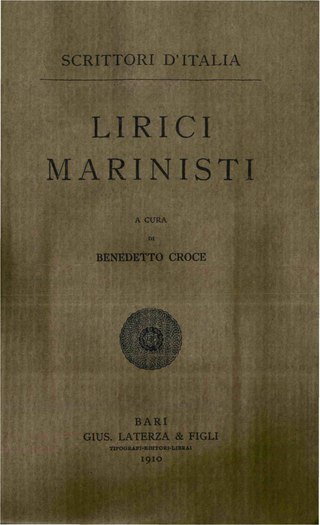
The Scrittori d'Italia was an Italian book collection, published by Giuseppe Laterza & figli from 1910 to 1987 in Bari. The series was born with the intent to define and explain a cultural canon of the new Italy, disassociating from a culture yet considered too much based on the classic of the humanism, and choosing to represent also the civil history of the newborn Italian State. The original work plan included 660 volumes, of which 287 were actually published for a total of 179 works.

Alessandro Casati was an Italian academic, commentator and politician. He served as a senator between 1923 and 1924 and again between 1948 and 1953. He also held ministerial office, most recently as Minister of War for slightly more than twelve months during 1944/45, serving under "Presidente del Consiglio" Bonomi.

Sansoni is an Italian publisher founded in 1873 by Giulio Cesare Sansoni, located in Florence.
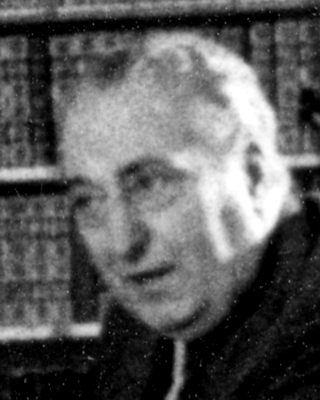
Federico Gentile was an Italian publisher. Gentile is best remembered for founding the publishing company Le Lettere, that he created after many years at the helm of Sansoni, which was acquired by Giovanni Gentile who entrusted it to his son in 1932.
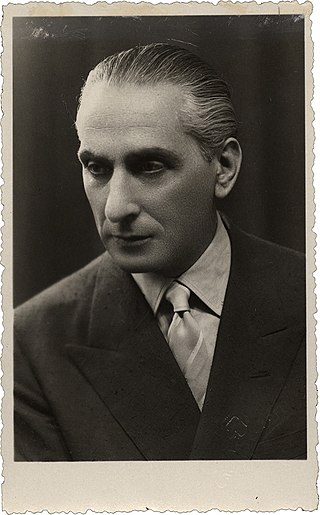
Antonio Veretti was an Italian composer.
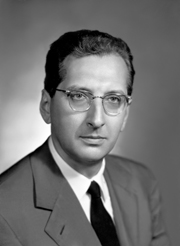
Cesare Luporini was an Italian philosopher, historian of philosophy and politician.
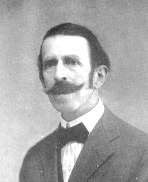
Giuseppe Albini was an Italian philologist, Latinist and politician.
















